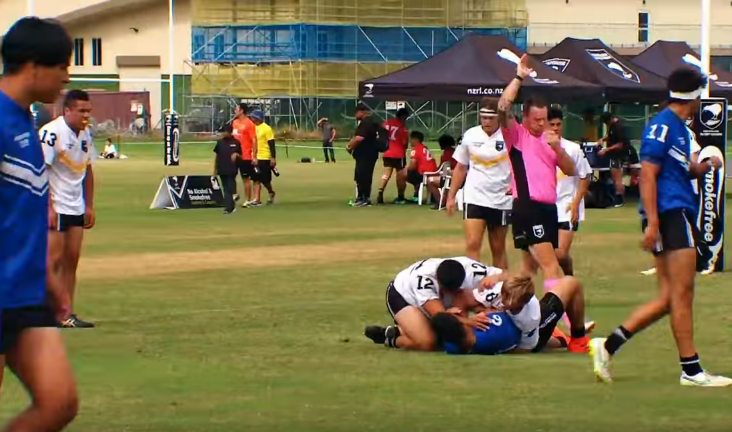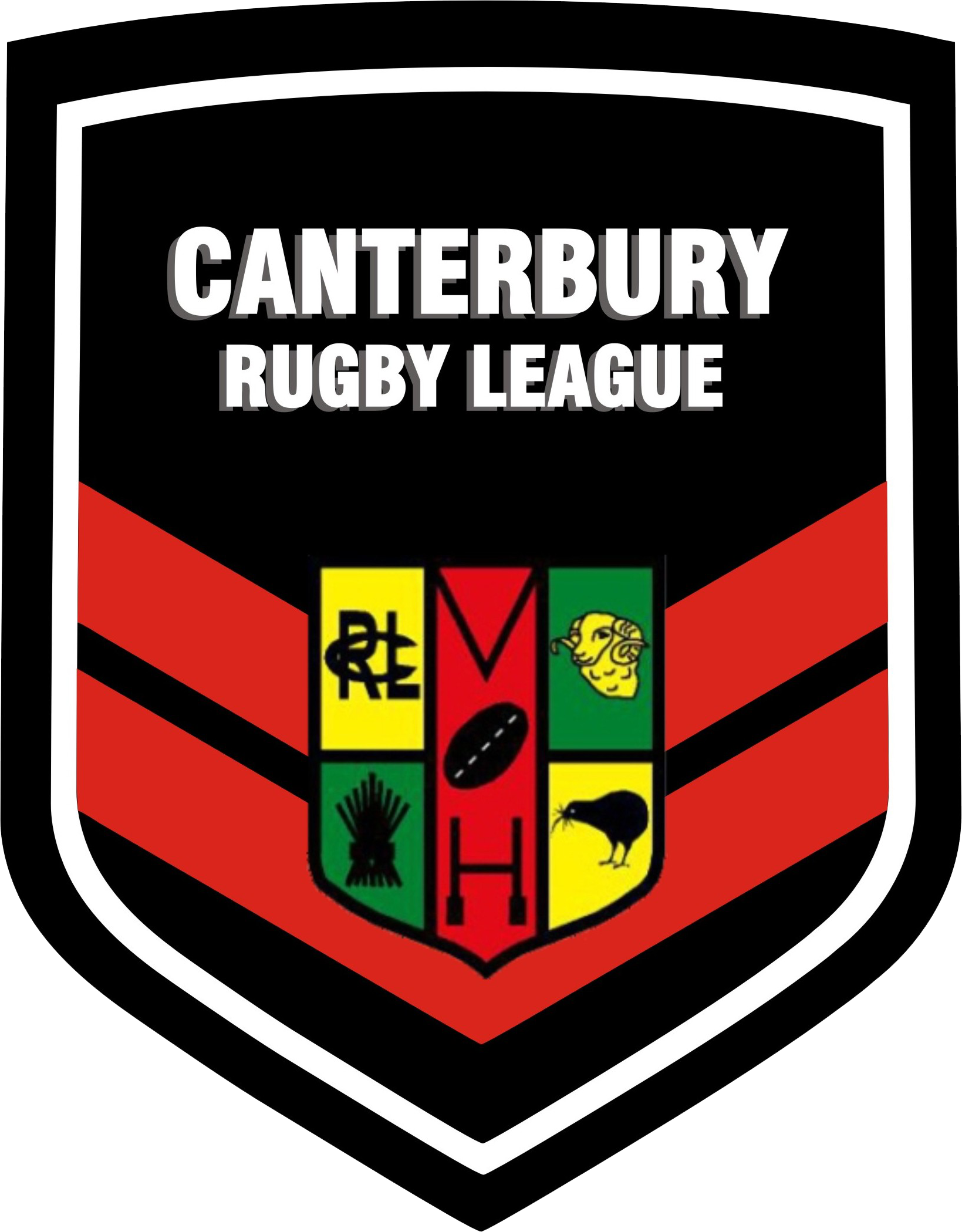BOOSTING REF NUMBERS A COLLECTIVE RESPONSIBILITY
NZRL National Referees Manager Luke Watts believes it is the rugby league community’s collective responsibility to work together to help boost flagging referee numbers in Canterbury.
While recruiting and retaining referees is an ongoing challenge for all rugby league regions in New Zealand – and other sports – Watts says the issue has been comparatively prevalent in Canterbury.
“(Overall shortages are) probably not to the extent we’re seeing in Canterbury. In some areas we’ve actually got more referees than games,” Watts revealed.
“Overall the referee numbers have stayed pretty static. There’s a couple of regions where it has gone down, and Canterbury is one of them, but places like Manawatu and Waikato there’s more referees than games.”
Changing lifestyles have been a factor – many people no longer have standard Monday-Friday working weeks – but it’s no surprise that the foremost problem contributing to the downturn in referee numbers is spectator and player abuse, and poor sideline behaviour.
While the behaviour of the vast majority of Canterbury players and spectators is exemplary, it sometimes takes just one group, one individual or one incident to someone off being involved in the game.
A number of clubs are doing a tremendous job spreading the message and promoting appropriate sideline behaviour, which is not only vital in respect to referees, but also for the enjoyment of all players, coaches, officials and fans. It’s a message that needs to keep getting put across.
Watts explains that plenty of positive progress has been made around the country, but that it’s a constant work-on.
“I’ve been with NZRL for six years and the sideline issues in Canterbury have always been a bit of a problem,” Watts said.
“We do a lot of stuff with other sports and in general there’s an improvement in crowd behaviour. There’s more of an awareness about what’s acceptable and what’s not.
“Looking back to when I was a child and how the sidelines were at my Mini Mod games, they were absolutely disgusting.
“So there’s a lot of good campaigns out there – such as Be A Sport – that are making improvements. It’s just a very continual shift in all sports, and all sports are doing their own initiatives to try and combat this issue.”
Watts says word of mouth is the most effective tool in recruiting new refs, and continual improvement in sideline behaviour and encouragement of referees will assist our current whistle-blower’s ability to bring people into the fold.
But some outside-the-box thinking is also required – and the onus needs to fall on supporters, ex-players and clubs, as well as the sport’s governing bodies.
“There’s been a lot of initiatives over the years and education programmes to try and recruit young refs, and just from my experience the young refs that do come on board and stay have been brought across by someone else.
“But in Auckland, a lot of the referees we’re getting are coming from a recommendation from within a club.
“It’s a real challenging one. I understand you’ve got a competition where there’s already a lot of volunteers, so at times officiating can fall lower down the priority list.
“It does take a collective approach to see some progress, particularly within Canterbury.”
Watts praised the likes of Jason Wilson, who is refereeing games in multiple grades in Canterbury each weekend on top of his usual men’s premiership duties to help shore up the shortfall.
“That’s probably what you’ll find at most associations – there’s referees that are giving back.
“You’re trying to develop referees, but you’re also trying to maintain a high standard. When referees do go back to those developing grades they set the standard and hopefully other refs can learn from that.”
But with negative aspects affecting referee numbers hopefully on the improve and the realisation that without referees we don’t have a game starting to sink in, Watts was eager to stress the truly rewarding parts about picking up the whistle and getting involved.
“Rugby league, we’re very lucky, it’s one of the most amazing sports to be a part of in terms of a collective culture. Very passionate fans, and it’s got a real community focus compared to some sports,” Watts enthused.
“Being a referee allows you to be part of games that potentially as a player you may not have had a chance to be a part of. Officiating a higher level that perhaps skill level or injuries prevented you from playing in.
“It’s still got that whole camaraderie – you still get the team dynamics without feeling sore the next day.”
If you’re interested in becoming a referee or finding out more about it, contact NZRL National Referees Manager Luke Watts luke@nzrl.co.nz or Canterbury Rugby League Operations Officer Tracy Fleet tracy@crfl.co.nz

